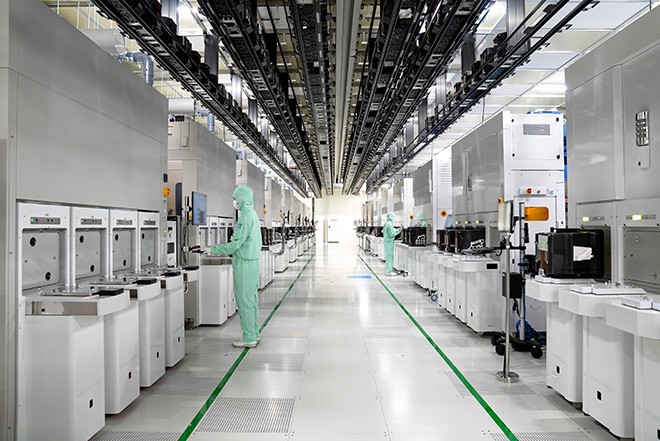The Japanese government has announced its ambitious plans for the development of the semiconductor industry. According to the Japanese Ministry of Economy, Trade, and Industry, sales of semiconductors manufactured in Japan are set to triple and reach 1 trillion yen, equivalent to about $112.55 billion, per year by 2030. This remarkable feat will be made possible by large-scale investments in the semiconductor industry.

The Japanese authorities have revealed that the corresponding strategy for the development of Japan's semiconductor industry will be updated later this year. The move comes amid increasing competition to ensure a stable supply of crucial technologies. Official data from the Japanese government shows that in 2020, Japanese companies that produce chips, related components, and materials accounted for around 10% of global sales in this area, amounting to $37.46 billion. The ministry estimates that investing $82.4 billion in the industry, including public and private entities, over the next decade is necessary to triple sales.
Although the Strategy for the Semiconductor and Digital Industry was formed in 2021, the Japanese authorities intend to revise it, aiming to address issues concerning supply chains. The Japanese semiconductors have become highly strategic in light of various events worldwide that could threaten the supply's stability.
To secure chip production in Japan, the government is ramping up its efforts by pledging $520 million to a new semiconductor company, Rapidus. The company was established last year by Japanese tech giants, including Toyota and Sony, and has collaborated closely with IBM. Rapidus plans to start mass-producing chips using the advanced 2nm process in Japan as early as 2027.
Moreover, Taiwan's TSMC and Tokyo's Kioxia are building semiconductor plants in Kumamoto and Mie prefectures with the support of government subsidies. The Japanese government has decided to invest approximately $4.26 billion in the construction of new production facilities.
Japan accounted for about 50% of the global chip market in the late 1980s. However, due to fierce competition from foreign corporations, such as South Korea's Samsung, the country's market share has plummeted by approximately five times.







